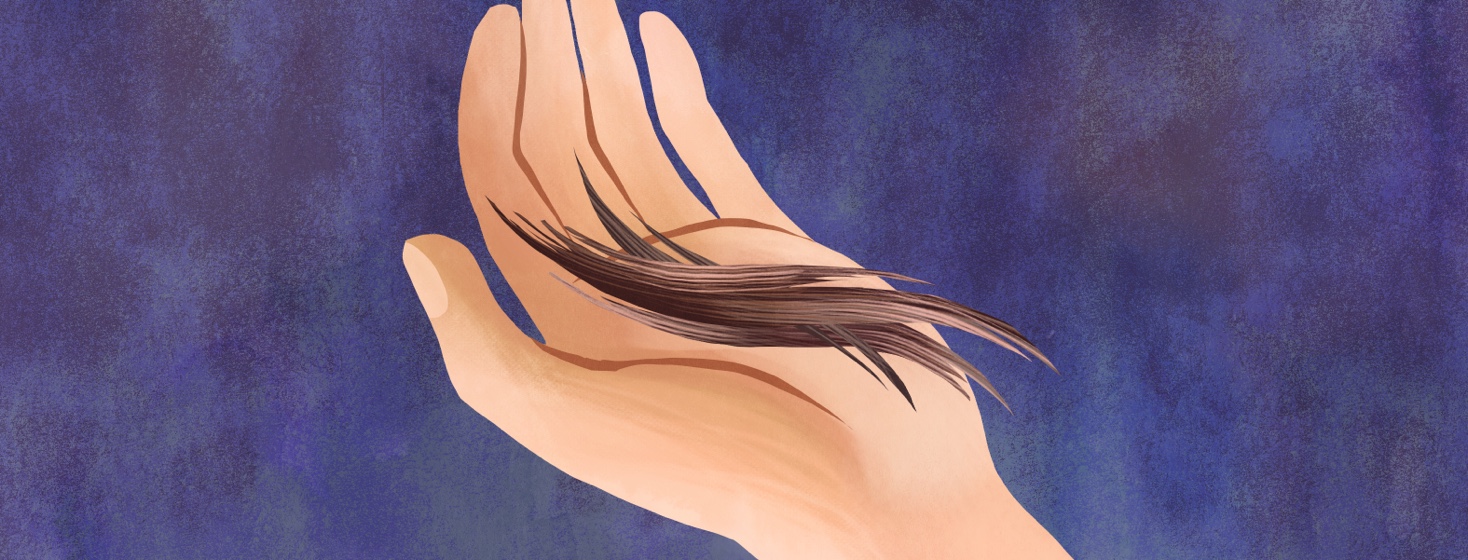Why Losing Hair Means So Much
Many types of cancer are associated with physical changes, ranging from surgery and reconstruction to weight loss or gain. Oftentimes, individuals confronting physical changes find these very distressing. Someone may suddenly notice that their clothes are either too small or very large. Weight loss is associated with illness, and increases encouragement from others to eat, which can feel emotionally overwhelming. Weight gain is a less expected side effect, which some people may find surprising and upsetting.
Another side effect: Alopecia
More than weight changes and even sometimes surgery, one of the most highly distressing side effects of cancer treatment to many individuals is chemotherapy-related hair loss (alopecia). Although alopecia is a common side effect, it is often underestimated how much of a psychological impact it can have. Many individuals find alopecia to be traumatizing and stigmatizing, impacting their own self-perception as well as how they are perceived by others.
A visible side effect of cancer
As alopecia is a visible side effect often associated with cancer, individuals may feel it discloses their cancer or “sick” status to the world. The result may be feelings of shame, anger, embarrassment, sadness, helplessness, or even fear. Alopecia may also cause low self-esteem, anxiety, or depression. There are a variety of head coverings, scarves, and wigs available and they are frequently used, but these items are sometimes still visibly associated with cancer. Providers are often unaware of the great lengths to which patients may go to prevent or cope with hair loss. It may be overlooked by your provider, or you may feel shame in bringing the issue up with them even though these concerns are incredibly normal.
Grieving hair loss
The concept of hair loss has become omnipresent in the portrayal of cancer in movies and television. Often we see characters losing hair and shaving their heads as a way to take control. Although this may appear to be straightforward in fictitious retelling, the reality can be much more challenging to cope with.
Coping with these changes
When hair loss happens, it tends to happen slowly - a few hairs at a time, then clumps, over a period of several weeks. This can be very jarring and even trigger a reminder of the feelings at your initial cancer diagnosis. Cutting or shaving your head is a viable option to coping with these changes. Acknowledging the very real and reasonable grief associated with hair loss is also empowering to move forward.
Accepting these real emotions
Grief over hair loss may feel superficial or vain in light of a cancer diagnosis - but it is incredibly common and very real. It is ok to grieve this loss. When hair does grow back after treatment ends, it may be a different color or texture, which surprises many individuals, and may even cause sadness or confusion. These feelings may be related to the constant reminder of all you have been through and how you may have changed. Having friends who can listen to and empathize with you, or joining a support group, may be a helpful way to find comfort as you move through the grieving process.
Practical tips
- Wigs may be covered by insurance (it must be coded as “cranial prosthesis”)
- Your cancer care team may have suggestions for local wig shops, as well as the American Cancer Society “tlc” collection

Join the conversation